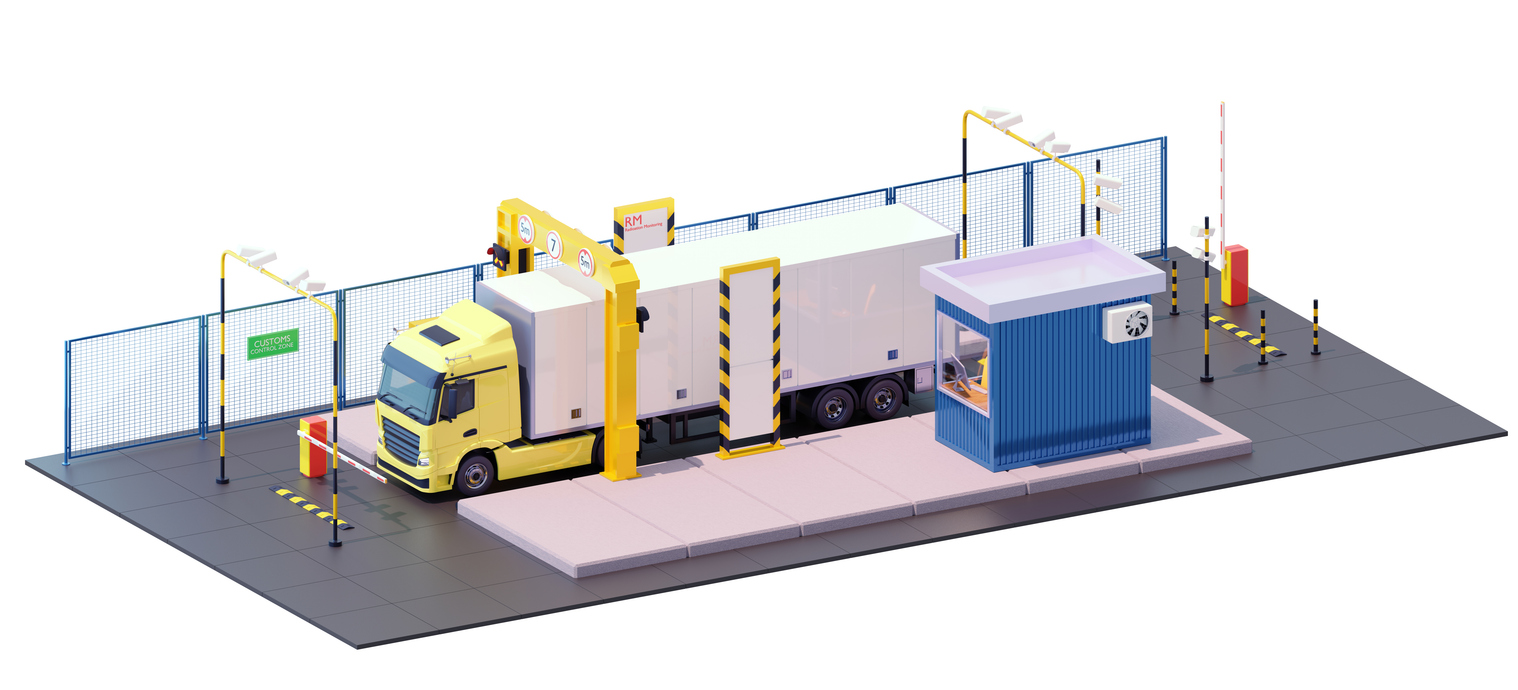Nigeria’s Commercial Fishing Industry: A Primer
Nigeria’s Commercial Fishing Industry: A Primer
Nigeria’s commercial fishing industry is one of the largest in Africa. In 2016, Nigeria’s fresh water fishing production was estimated to be more than 127,000 metric tonnes. This made up about 48% of all African fresh water fish catch. In addition to being a major player in the market of freshwater fishing, Nigeria has also been making progress in the deep sea fishing sector. It is estimated that there are currently more than 600 boats roaming the eastern and western coasts of Nigeria. With a growing population and a booming economy, it seems that there is no limit to what this industry can achieve.
What is the Nigerian commercial fishing industry?
Nigeria’s commercial fishing industry is one of the largest in Africa. In 2016, Nigeria’s fresh water fishing production was estimated to be more than 127,000 metric tonnes. This made up about 48% of all African fresh water fish catch. In addition to being a major player in the market of freshwater fishing, Nigeria has also been making progress in the deep sea fishing sector. It is estimated that there are currently more than 600 boats roaming the eastern and western coasts of Nigeria. With a growing population and a booming economy, it seems that there is no limit to what this industry can achieve.
How has Nigeria progressed in the fishing industry?
The commercial fishing industry in Nigeria is becoming an increasingly important industry. It has been growing since the 1970s and it is still growing. There are many reasons why the industry is so successful. The country has a lot of potential and there are a lot of opportunities for Nigerians to take advantage of it.
One reason why the industry is so successful is its geographical location. Nigeria’s coastline has more than 2,000 kilometers of coastline that allows it to have an abundance of seafood. It also boasts a few large deep-water ports located in Lagos, Port Harcourt, Kano, Benin City and Calabar. These ports provide Nigerian boats with access to international markets such as Europe, America and Asia.
Another reason for the success of the commercial fishing industry in Nigeria is its government support for this sector. One example is that about two years ago, N1billion was allocated to help improve fishing activities with the aim of ensuring sustainable fisheries production across the region by 2020.
Why is the Nigerian fishing industry important to the country’s economy?
The Nigerian fishing industry is important to the country’s economy because it helps contribute to one of the most important sectors in any economy. In Nigeria, nearly every household relies on some form of sustenance obtained from the ocean. The fishing industry is a major contributor to such needs and this industry has helped increase the employment rate of Nigeria by 2.6% since 2016.
Additionally, the fishing industry also provides significant revenue to Nigeria’s GDP. The National Bureau of Statistics estimates that the total value of fish exports for 2014 was 1.6 billion dollars with an annual average growth rate of about 4%. This means that if all exports are taken into account, then a very large portion of Nigeria’s GDP comes from fishing exports alone.
Although there is no doubt that this sector is important for even more reasons than just its monetary value, it is still an important part of what makes up an economy.
How can Nigeria’s commercial fishing industry grow?
As Nigeria’s economy continues to grow, the commercial fishing industry will be able to thrive alongside it. The fishing sector is very important to Nigeria and is one of the main sources of income for most Nigerians. As a result, there has been a lot of investment in this sector. In 2016, $1 billion was invested into the Nigerian deep sea fishing sector alone.
In order for the industry to grow further and reach new heights, it will need greater investments in infrastructure, training and research and development (R&D). It will also require more attention from government officials at both local and national levels.
The importance of these investments cannot be understated because they are what make up the backbone of a thriving commercial fishing industry. They help ensure that this sector can produce more fish and make more money than ever before.
Increase exports
The Nigerian commercial fishing industry is one of the fastest growing sectors in Nigeria, but with a faster growing population and economy, it does not show any signs of slowing down.
If the country wants to increase exports, there needs to be a shift in focus from domestic consumption to foreign export. This means that there should be more government investment into this sector so that the market can grow and expand. It would also mean that the government should invest in education and training opportunities for people who want to work in this industry. These are just a few ways to increase exports from this sector.
It is important for the country’s economy that this industry continue to grow; however, it is important that fishermen have access to better technology and resources so they can catch fish more efficiently.
To make sure the industry continues on its upward trend, it would be wise for the country’s government to take steps towards creating policies that encourage innovation within the fishing sector.
Encourage domestic consumption of fish
The Nigerian economy is largely dependent on the fishing industry. With a growing population and an expanding economy, there will be more people in Nigeria who are interested in eating fish. However, the high demand for fish may have negative effects on the environment.
Nigeria has been putting in much effort to encourage domestic consumption of fish. The government has created initiatives that help fishermen diversify their operations by focusing on the industrial side of business. For example, in 2016, the Fishermen’s Joint Council was launched as a platform to provide support to fishermen. Additionally, they have also been working with local authorities to identify areas where they can expand their fishing industry while protecting marine life and habitats.
In order to keep up with the increasing demand for fish, it is important that people start buying more local produce instead of importing products from abroad. If everyone starts buying domestically produced fish then this will encourage domestic production without having a negative impact on the environment.
Improve fishers’ access to technology and training
Fishers have not been as technologically savvy as they should be. This has hampered their abilities to increase their catch and make more profits. They also lag behind in terms of training.
Technology has a lot to offer the fishing industry, with apps being particularly useful tools. The app is used to provide real time information about the fish stocks, weather conditions, and the shipping channels. In addition to providing this information, it also enables fishers to communicate with each other on the go.
This is great for improving communication between fishers spread across difficult terrain such as shallow water and mangroves. With apps like these, fishers can start tracking their catches so that they know where to deliver them for processing and marketing. This helps fishermen take advantage of every last cent of profit from their catches.
In addition to technology, training is another key tool that fishers need access to if they are going to be successful in the industry. Training teaches them how products are processed and marketed so that they can maximize profits while ensuring safety measures are taken during processing.
Training also helps improve a fisher’s ability to handle emergencies such as storms or sudden changes in weather because it helps them learn how best to handle those situations when they arise.
Conclusion
The Nigerian commercial fishing industry is one of the largest in Africa. The sector has been increasing its production and investing in deep sea fishing.
Nigeria’s commercial fishing industry is important to the country’s economy, as it contributes significantly to both fresh water and deep sea fish catches. In 2016, Nigeria’s fresh water fishing production was estimated to be more than 127,000 metric tonnes, making up about 48% of African freshwater fish catch. In addition, there are currently more than 600 boats roaming the eastern and western coasts of Nigeria. With a growing population and a booming economy, it seems that there is no limit to what this industry can achieve.







LEAVE A COMMENT
You must be logged in to post a comment.